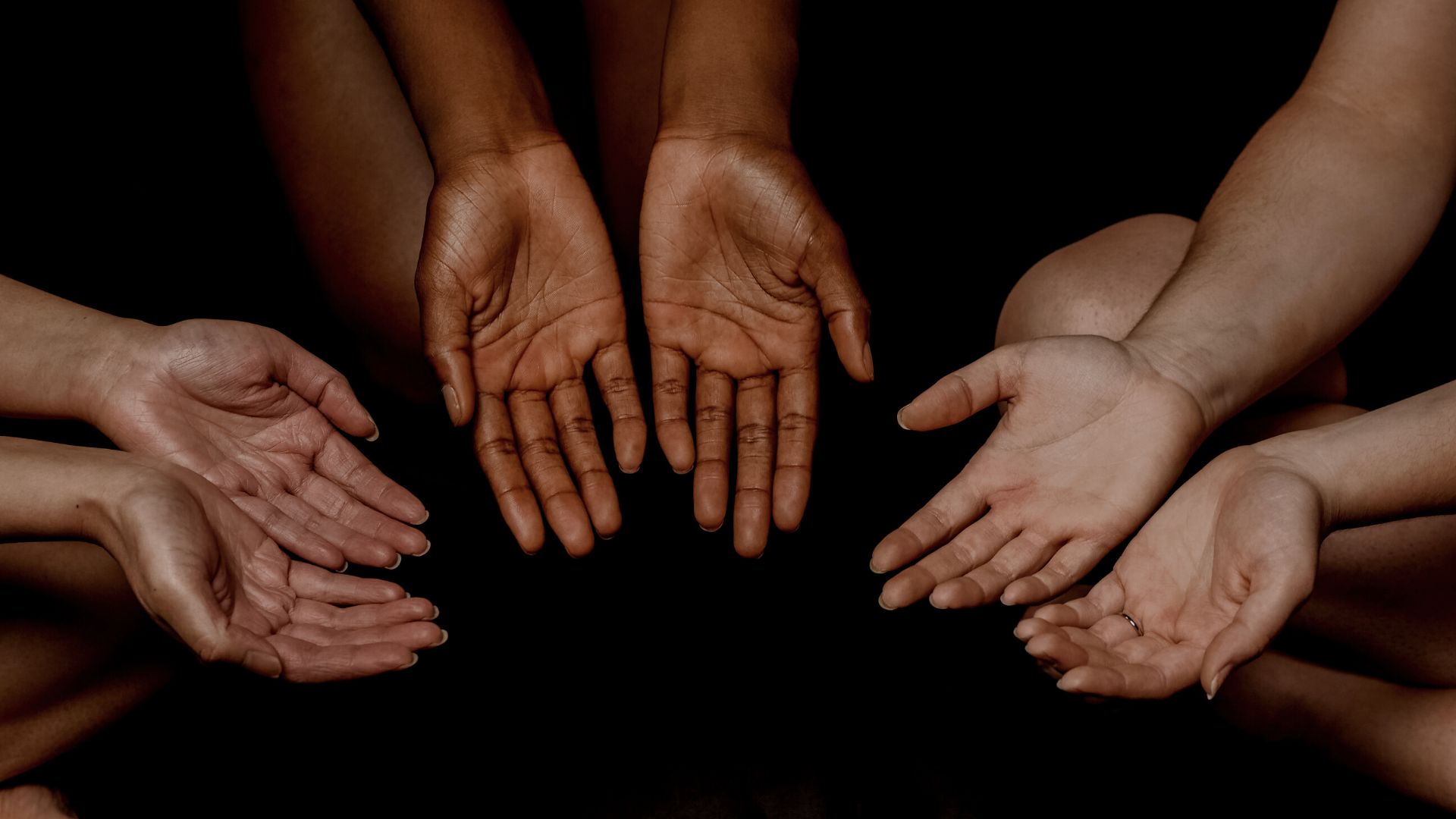How social support contributes to mental well-being?
Social support and relationships are key in maintaining a good mental health. Spending time with people you care about, who care about you, can help you feel supported.

Why is social support important?
Indeed, our need for social support isn’t just in our heads. As humans, we do have a need for social support and without it, our health can be at risk. The number and strength of your social relationships affect your mental and physical wellbeing.
Studies found that the lack of social support can add 30 points to an adult’s blood pressure reading [1]. A survey of 24,000 workers found that men and women with few social ties were two to three times more likely to suffer from major depression than people with strong social bonds [2].
When we enjoy strong social support, on the other hand, we are investing in our mental health. It is social support that builds people up during times of challenges and often gives them the strength to move forward.
What are the different types of support?
Simply put, social support refers to the resources provided by a social network to help individuals cope with stress.
Social support comes in various forms and each form plays and serves an important role in your life. Let’s look at each type:
- Emotional Support- Emotional support is important during times of distress. People show emotional support by offering encouragement, compassion and reassurance. This might include things like a gentle touch or verbal expressions of empathy. Emotional support can also come from community activities, religious sources or even pets. Whatever form it takes, this can improve one’s overall life outlook and mental health.
- Instrumental Support – Instrumental support, sometimes also called tangle support, are assistance provided to meet tangible needs. This could be lending you a helping hand when you need- which could include providing personal financial assistance to a friend, medical care or meal preparation. Such support is crucial when people have immediate needs that must be addressed.
- Informational Support- Informational support is given in the form of advice-giving, gathering of information to help guide people. Such support is important to help someone make big decisions in their life.
However, all types of social support don’t affect us the same—a long talk with an empathic friend feels different from a talk with someone who has plenty of advice to offer.
Is there a best type of social support?
There is no best type of social support and we may need or prefer a certain type or a combination of a few types of social support depending on our circumstances.
It’s important to note, however, that the wrong type of support can actually have a detrimental effect, so it helps to know what type of social support is needed in each situation.
In one study involving 103 husbands and wives found that too much information support, usually in the form of unsolicited advice, can actually backfire, and be perceived as worse than not receiving any support at all [3].
How to expand social networks?
It is easy to assume that social networking occurs only through close friends, family members, or romantic partners. However, social ties that extend far beyond intimate relationships can also influence how socially connected we feel.
In fact, research has identified three distinct types of social connections [4]:
- Intimate connections – Formed with people who love and care for you, such a spouse, family member, or anyone whom you share a deep mutual bond with. People rely on their inner circle for mutual assistance, including emotional and practical support.
- Relational connections – Formed between people who you see regularly and share an interest with, such as workmates or close friends. They are more casual than those in our inner circle, but still provide us with a sense of connectedness.
- Collective connections – Formed with groups of people whom you share a group membership or an affiliation with. Such groups can include teams, volunteer groups, schools, and organizations, for instance. Interacting with a network or community of people through common interests can make us feel a sense of belonging towards something larger than ourselves.
All three types of connections are important and perhaps you can determine which ones need more work by asking yourself: do you have meaningful, long-term social networks in all of these 3 areas? Which ones do you lack more of?
Although we tend to focus only on our closest relationships, even people we associate with most peripherally also contribute to our sense of social connectedness.
Interactions with others across all areas of life, whether at work, school or home can all contribute to our feelings of social connectedness and well-being.
Reference
[1] Hawkley, L. C., Masi, C. M., Berry, J. D., & Cacioppo, J. T. (2006). Loneliness is a unique predictor of age-related differences in systolic blood pressure. Psychology and aging, 21(1), 152–164. https://doi.org/10.1037/0882-7974.21.1.152
[2] Blackmore, E. R., Stansfeld, S. A., Weller, I., Munce, S., Zagorski, B. M., & Stewart, D. E. (2007). Major depressive episodes and work stress: results from a national population survey. American journal of public health, 97(11), 2088–2093. https://doi.org/10.2105/AJPH.2006.104406
[3] Brock, R. L., & Lawrence, E. (2009). Too much of a good thing: Underprovision versus overprovision of partner support. Journal of Family Psychology, 23(2), 181–192. https://doi.org/10.1037/a0015402
[4] Hawkley, L. C., Browne, M. W., & Cacioppo, J. T. (2005). How can I connect with thee? Let me count the ways. Psychological Science, 16(10), 798-804.
Tools Designed for Healthier Eyes
Explore our specifically designed products and services backed by eye health professionals to help keep your children safe online and their eyes healthy.

